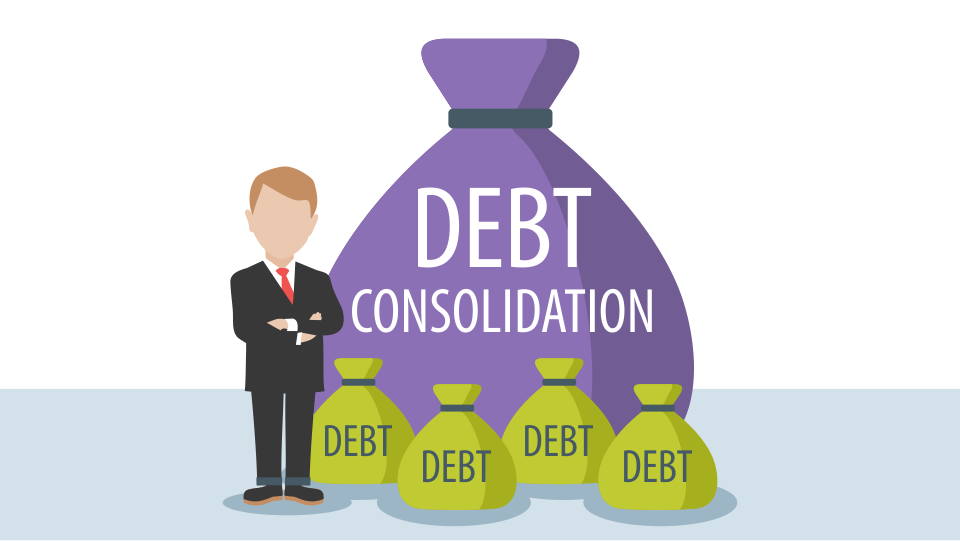
In today’s fast-paced world, managing multiple debts can be overwhelming and stressful. Juggling various payments, interest rates, and due dates can make it challenging to stay on top of your financial obligations. However, there’s a solution that can help simplify your finances and potentially improve your credit score: debt consolidation.
Debt consolidation involves combining multiple debts into a single loan with a lower interest rate, which can result in lower monthly payments and a more manageable repayment plan. Additionally, consolidating your debts can have a positive impact on your credit score if done correctly. In this blog post, we’ll explore the benefits of smart debt consolidation and provide tips on how to make it work for you.
Understanding Debt Consolidation
Before diving into the details of debt consolidation, it’s essential to understand how it works. Essentially, debt consolidation involves taking out a new loan to pay off existing debts, such as credit card balances, personal loans, or medical bills. This new loan typically has a lower interest rate than the individual debts, making it easier to manage and potentially saving you money in the long run.
Benefits of Debt Consolidation
- Lower Interest Rates: One of the primary advantages of debt consolidation is the opportunity to secure a lower interest rate on your consolidated loan. By reducing the interest rate, you can save money on interest payments over time, allowing you to pay off your debt more efficiently.
- Simplified Repayment: Managing multiple debts can be complex and time-consuming. Debt consolidation streamlines the process by combining all your debts into a single monthly payment, making it easier to keep track of your finances and avoid missed payments.
- Improved Credit Score: When you consolidate your debts and make timely payments on your consolidated loan, it can have a positive impact on your credit score. By reducing your overall debt load and demonstrating responsible financial behavior, you can boost your creditworthiness in the eyes of lenders.
Tips for Smart Debt Consolidation
- Assess Your Financial Situation: Before pursuing debt consolidation, take stock of your financial situation. Calculate your total debt, interest rates, and monthly payments to determine if consolidation makes sense for you.
- Shop Around for Loans: When searching for a debt consolidation loan, don’t settle for the first offer you receive. Shop around and compare loan terms, interest rates, and fees from multiple lenders to find the best option for your needs.
- Consider All Options: Debt consolidation isn’t the only solution for managing debt. Explore alternative strategies such as balance transfer credit cards, home equity loans, or debt management plans to find the approach that works best for you.
- Create a Repayment Plan: Once you’ve consolidated your debts, develop a realistic repayment plan to pay off your loan efficiently. Budgeting wisely and making consistent payments will help you achieve your financial goals and improve your credit score over time.
- Monitor Your Credit: Keep a close eye on your credit report and score after consolidating your debts. Ensure that all accounts are being reported accurately and dispute any errors that may arise to maintain a positive credit profile.
In conclusion, smart debt consolidation can be a valuable tool for lowering payments, simplifying finances, and improving your credit score. By understanding the benefits of consolidation and following these tips, you can take control of your debt and pave the way towards a brighter financial future.
Remember, managing debt takes time and dedication, but with patience and perseverance, you can achieve financial freedom and peace of mind.
